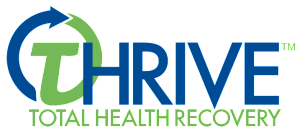Overdose deaths from Benzodiazepines have been steadily rising but have received very little media attention.
Opioid deaths have increased steadily over the past several years.
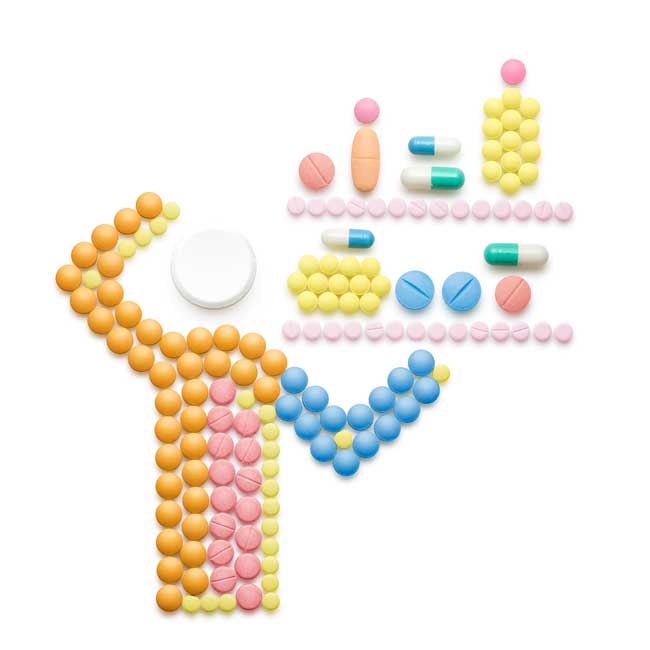
The first benzodiazepine to hit the market was chlordiazepoxide marketed as Librium in 1960, followed by diazepam (Valium) in 1963. Other medications joined the list of commonly prescribed benzodiazepine including alprazolam (Xanax), clobazam (Onfi), clonazepam (Klonopin), clorazepate (Tranxene), and lorazepam (Ativan).
Originally believed to be less toxic and less likely to cause dependence than older medications, the medical community embraced and prescribed benzodiazepines.
In the next several years the prescriptions for benzodiazepines continued to soar, and by the mid-1970s, they were at the top of the lists of most frequently prescribed medications with over 40 million prescriptions written annually. Within the next decade, prescribers were becoming more aware of the addiction and abuse potential with benzodiazepines.
Prescriptions for benzos have increased.
Still, most medical providers believed if their patients took the medication as prescribed and did not increase their dosage, they would have no problem with benzodiazepines. In the 1980s researchers issued the first warnings about benzos after identifying that patients who stayed within their prescribed boundaries were having difficulty getting off the medication.
The number of prescriptions written is currently on the rise again. A recent article on the JAMA Network (Journal of the American Medical Association) recognized that although prescriptions written by psychiatrists have remained relatively stable, benzodiazepine prescriptions had nearly doubled for both ambulatory care visits and visits to primary care physicians. Considering the increasing death rates associated with benzodiazepines, addressing prescribing patterns may help curb the growing use of benzodiazepines.
According to the Federal Drug Administration (FDA), the number of individuals who were prescribed both opioids and benzodiazepines grew by 41 percent, or 2.5 million, between 2002 and 2014. In 2016 the FDA issued a “black box” warning, the strongest warning they can issue, to be placed on almost 400 products explaining that taking opioids and benzodiazepines together could result in coma, extreme sleepiness, slowed breathing and even death.
According to the National Institute on Drug Abuse, more than 30 percent of overdoses involving opioids also involve benzodiazepines. These numbers prove that benzodiazepines should be prescribed cautiously by providers and patients should be made aware of the risks involved.
Gulf Breeze Recovery hopes to raise awareness of the potential risks of benzodiazepines, especially when combined with opioids so that negative consequences can be avoided.
Gulf Breeze Recovery is a holistic, non-12-step, drug and alcohol abuse treatment program that focuses not only on helping their guests achieve sobriety, but also helping them begin a healthy, happy lifestyle.
If you or someone you love is fighting addiction or has relapsed one or many times, help is available. Recovery is possible. We offer a compassionate and holistic treatment program. Contact us at Gulf Breeze Recovery or call: 833.551.2356 to speak to an addiction expert to learn more about our program that has helped so many people overcome their addiction, rediscover their dreams and embrace life.
We help people not just to survive, but to THRIVE®
 About Gulf Breeze Recovery:
About Gulf Breeze Recovery:
Gulf Breeze Recovery, unlike other treatment centers in Florida, is a non 12 step holistic drug and alcohol rehab that is changing the future of addiction treatment with their THRIVE® (Total Health Recovery) program focused on overcoming chronic relapse.
Gulf Breeze Recovery’s THRIVE® program is a non 12-step approach designed for those who are looking for a drug and alcohol treatment program to produce a different and positive result.
This non-12 step program allows you to drive beyond your addictions and promotes a new outlook on life.
We are licensed by the Florida Department of Children and Families, and our last audit scored 99.7! Also, we are gold certified by the Joint Commission.
Want to read more about Gulf Breeze Recovery’s non 12 step, holistic drug and alcohol rehab? Check out some of our latest posts:
Researchers Identify Role of Key Brain Signaling Protein in Alcohol Use Disorder
January 29, 2021
College Students Who Returned Home Due to Pandemic Drinking Less
January 29, 2021
Overdose Deaths Soar in the Midst of a Pandemic
January 27, 2021
Alcoholism Today in Seniors and Younger Generations
January 20, 2021
End Chronic Relapse and Start a New Life!
At Gulf Breeze Recovery we don’t want you to have just a great recovery, we want you to have a great life!

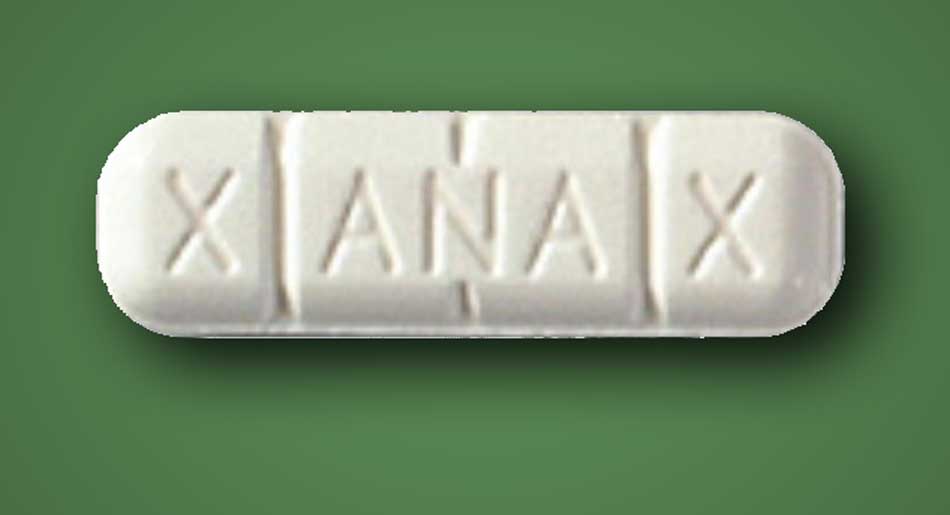

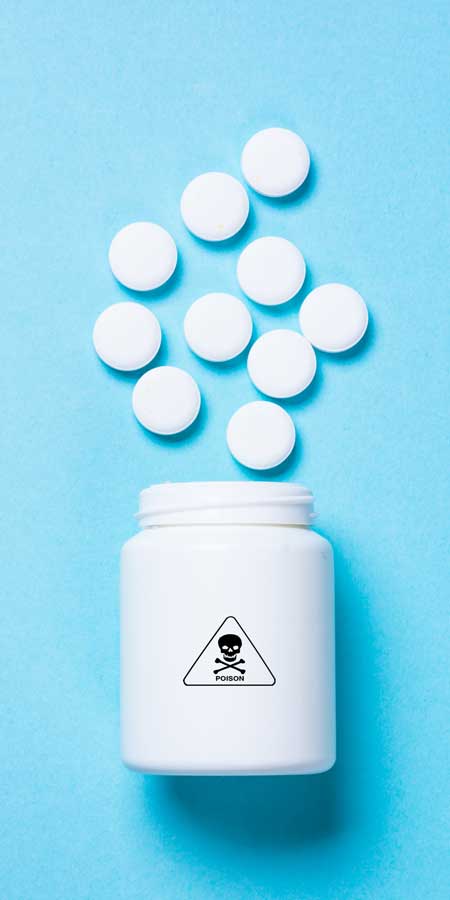
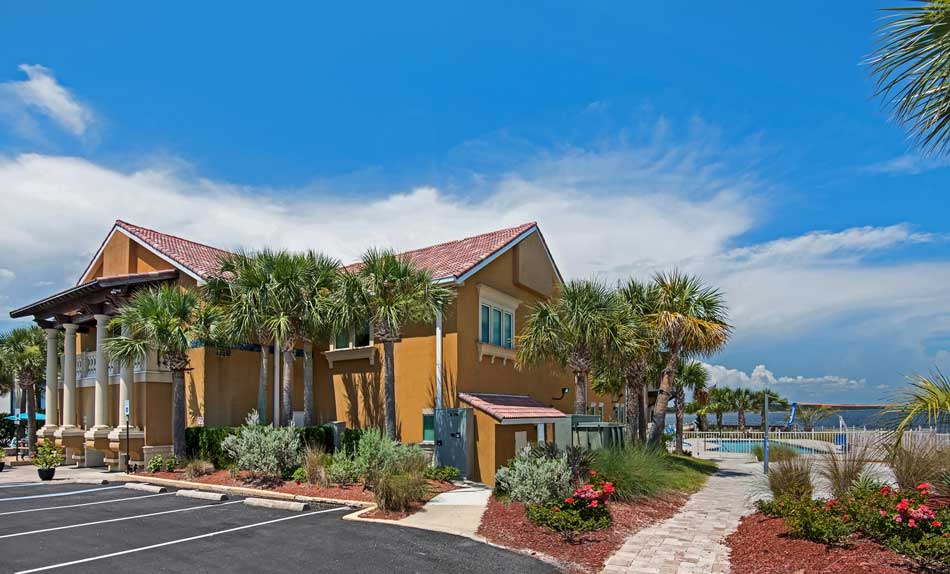
 About Gulf Breeze Recovery:
About Gulf Breeze Recovery: